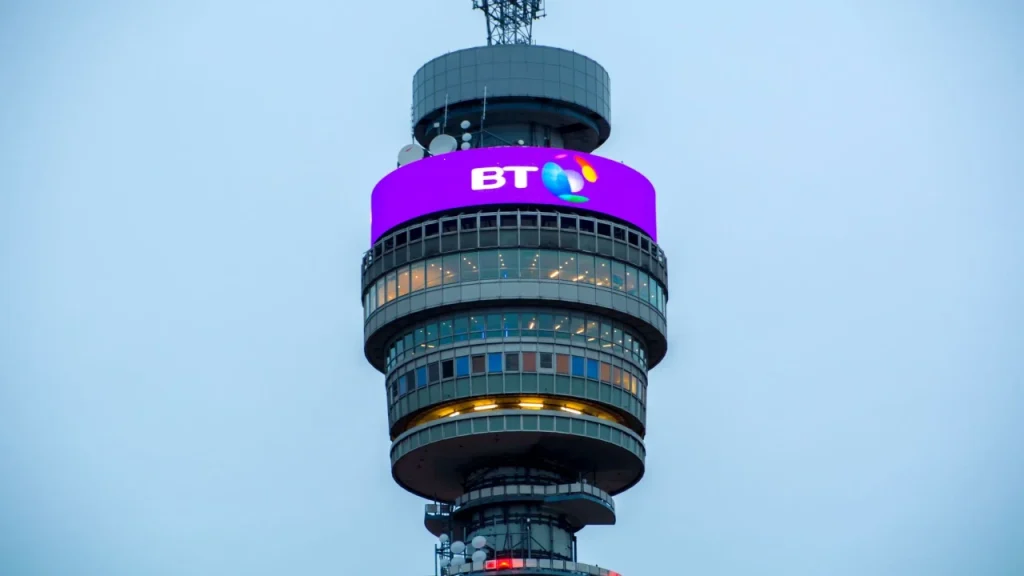• Enhanced 5G and 4G coverage may add £230 billion by 2035
• Government urged to reform planning and spectrum policies
What happened: BT and Assembly Research model economic gain from improved mobile coverage
A study by BT and Assembly Research estimates that better mobile coverage in the UK could unlock up to £230 billion in economic value by 2035. The analysis highlights gains across key sectors. It projects £88 billion from industrial adoption of AI and machine learning enabled by enhanced 5G standalone networks. Upgrades along transport routes may deliver £12 billion in rail productivity and £45 billion from full road coverage enabling autonomous vehicles.
Rural areas stand to gain about £3 billion from improved connectivity. Urban adoption of drone services and media could add £26 billion, while the broadcast and advertising industries might see £9.5 billion in benefit. The report also notes £37 billion value from modernising the energy grid and £7.9 billion in business productivity by reducing downtime. BT and Assembly call on the UK Government to remove planning barriers and double mobile spectrum access to realise these gains.
Also read: BT’s CEO Allison Kirkby warns AI may cut more jobs
Also read: BT to expand fibre in Swansea Bay
Why it’s important
Improved mobile coverage supports emerging technologies and drives national productivity. Stronger 5G rollout, backed by more spectrum and streamlined planning, may boost adoption of AI, automation, and autonomous transport. Rural communities also gain from higher connectivity, and urban areas gain infrastructure resilience.
The proposed improvements can create a more attractive environment for tech investment and business innovation. However, analysts warn that red tape and limited spectrum may hinder deployment. For mobile operators, addressing these barriers is key to meeting coverage targets and delivering promised economic benefits.




